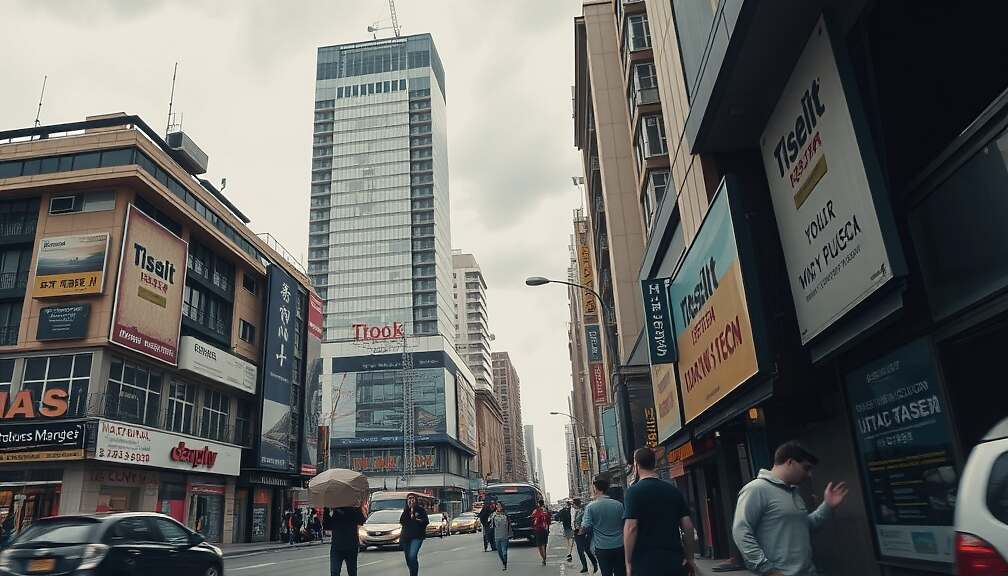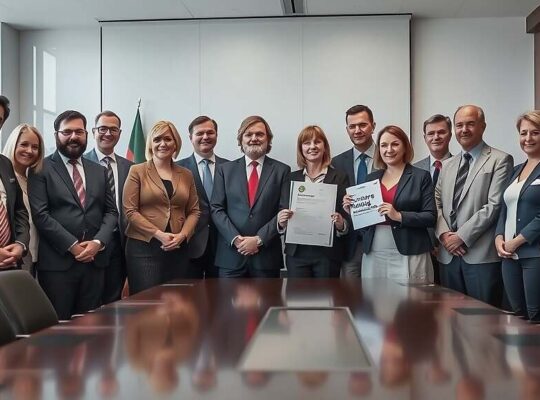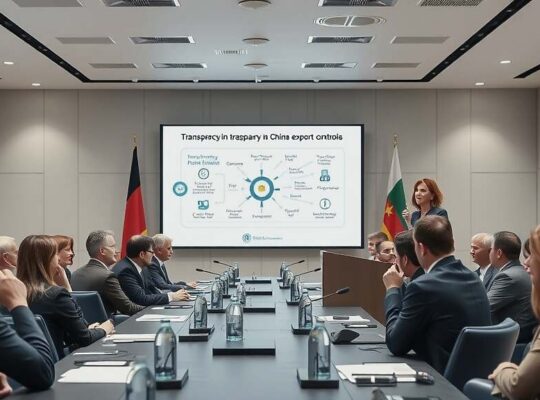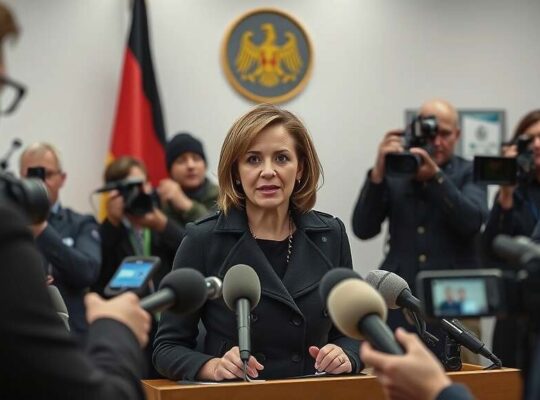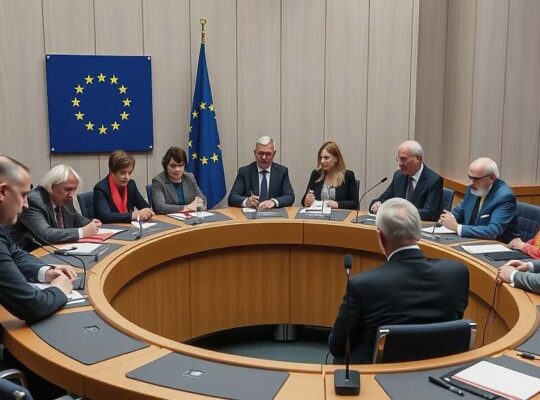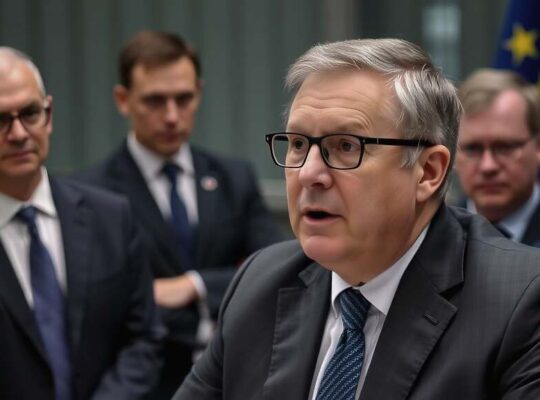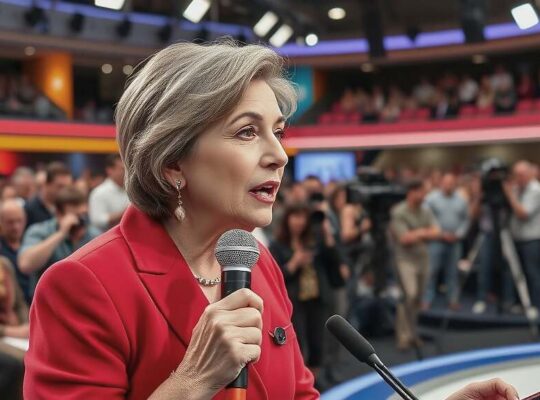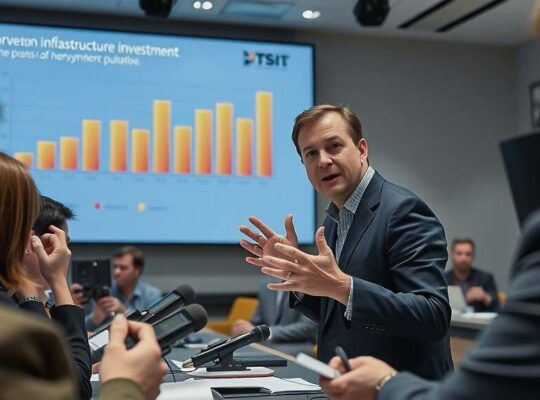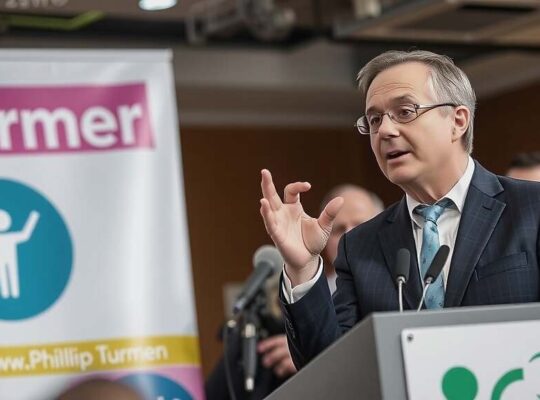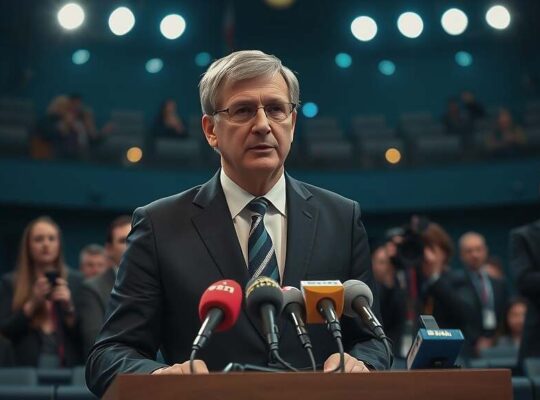The UN Secretary-General, António Guterres, has issued a stark warning to G20 leaders convening in Johannesburg, urging decisive action on climate change and a commitment to a more equitable and peaceful global order. Guterres’s address, delivered on Friday, underscores a growing sense of urgency regarding the international community’s failure to curb global warming.
He bluntly stated that the ambition of limiting global temperature rises to 1.5 degrees Celsius has been demonstrably missed, with scientific projections now forecasting its inevitable breach. While acknowledging the recent surge in global investment in clean energy technologies, Guterres highlighted a critical imbalance: the negligible portion of these investments reaching the African continent. He emphasized that Africa, possessing vast solar and wind potential, should be at the forefront of this clean energy revolution, yet remains severely hampered by insufficient investment.
“The continent least responsible for the climate crisis must not be left in the dark in this new era” Guterres asserted, highlighting the discrepancy between economic realities and the current pace of political action. He insisted that the G20, as the world’s largest economies, possess the influence to rectify this imbalance and ensure a more equitable distribution of economic growth.
A particularly sharp condemnation was directed at the shortfall in adaptation financing. Guterres demanded that industrialized nations fulfill their earlier pledges, specifically doubling adaptation funding to a minimum of $40 billion this year, while simultaneously establishing credible guarantees for significantly increased funding beyond 2025 to facilitate affordable and accessible adaptation measures. He voiced concern that the decline in global development assistance, compounded by escalating military expenditure, is actively diverting critical resources from these essential programs, amplifying global suffering.
The Secretary-General’s remarks represent a forceful appeal for systemic reform within the international financial architecture, arguing that the current structures perpetuate inequality and impede progress towards sustainable development. He ultimately challenged the G20 to leverage their considerable power to alleviate human suffering and place the world on a more secure and prosperous trajectory for the future, emphasizing that political will must urgently catch up with the stark realities being presented by the climate crisis and global instability.


